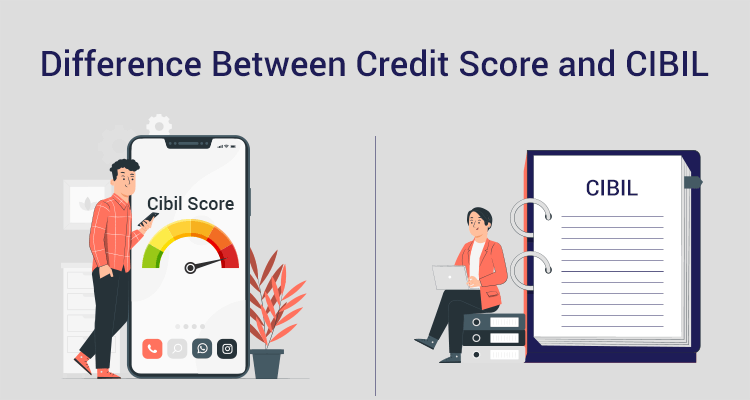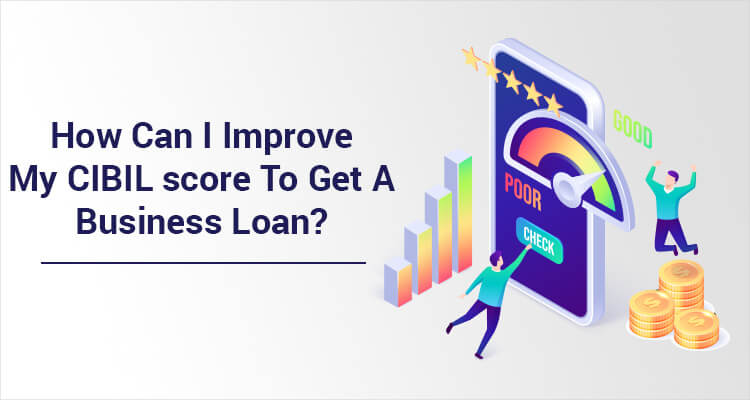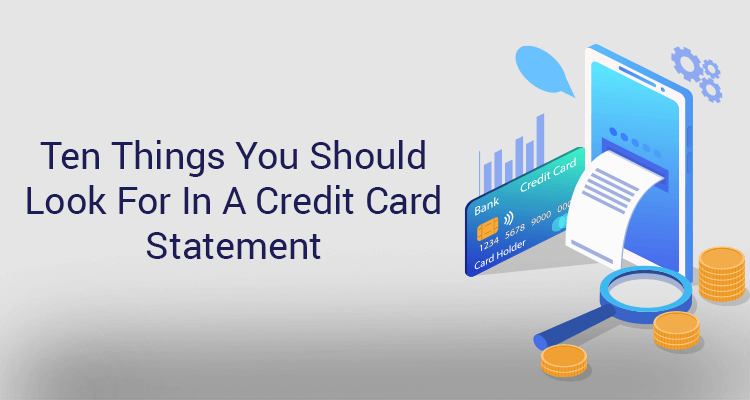Difference Between Credit Score and CIBIL
Table of Contents
Before approving a loan, lenders analyse the applicants' credit history to ensure they can repay the loan. However, some lenders quote a CIBIL score and some a credit score to analyse the creditworthiness. But what’s the difference between the two?
What Is A CIBIL score?
The Credit Information Bureau (India) Limited, or CIBIL, is a credit rating agency. They are one of India's four major credit rating companies with connections to major lenders such as banks and NBFCs. The main aim of the CIBIL is to record an individual’s financial history and provide it to financial institutions to assist them in analysing the applicant’s repayment ability.CIBIL estimates and generates the individual’s credit rating through the CIBIL score. It manages the credit files of over 600 million individuals and 32 million businesses, assesses your credit history, and provides a score out of 900.
What Is A Credit Score?
A credit score is an evaluation out of 900, similar to the CIBIL score. The credit score considers an individual's credit history, card bill payment, the number of credit accounts, the utilisation of credit limit and timely repayment history. Furthermore, the credit score also depends on the number of credit enquiries made for taking a loan or the number of credit card applications.Rating agencies calculate the credit score between 300-900 and communicate the credit report to various lenders who analyse the loan applicant's creditworthiness. The higher the credit score, the higher the chances of lenders approving your loan application.
The Primary Difference Between A Credit Score And A CIBIL Score
There isn't a considerable distinction between a credit and a CIBIL score. Both scores depict an individual's creditworthiness based on their credit history. TransUnion CIBIL generates the CIBIL score, while any credit rating agency can produce a credit score. When TransUnion CIBIL generates a credit score, it is called a CIBIL score; otherwise, it is a credit score.Having a good credit or CIBIL score is vital to get your loan approved, as lenders include having a CIBIL or credit score higher than 750 out of 900 in their eligibility criteria. Hence, you must make timely repayments without default to maintain a good credit or CIBIL score.
Conclusion
There is no operational difference between a credit score and a CIBIL score, as lenders accept both scores to fulfil the set eligibility criteria. You can choose to go with any quality credit rating agency to find your credit history and apply for loans accordingly.FAQs
Q.1: Are credit scores and CIBIL scores the same?
Ans: Although there are minor differences between CIBIL and credit score, lenders use them interchangeably.
Q.2: Can I take a loan with a low credit or CIBIL score?
Ans: With a low credit or CIBIL score, you will need to find a guarantor or provide collateral to the lenders to qualify for a loan.
Disclaimer : The information in this blog is for general purposes only and may change without notice. It does not constitute legal, tax, or financial advice. Readers should seek professional guidance and make decisions at their own discretion. IIFL Finance is not liable for any reliance on this content. Read more




